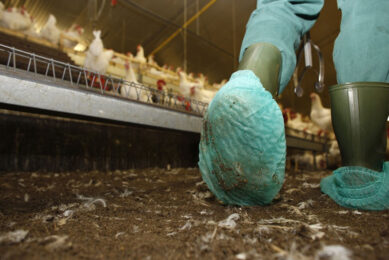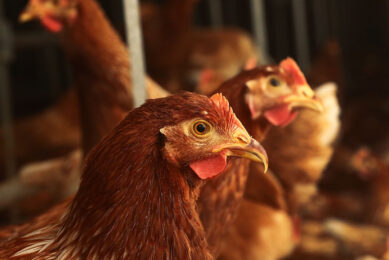Scientists urge ban on sales of chicken
The sale of fresh chicken in supermarkets should be banned in a bid to curb the worsening campylobacter epidemic in New Zealand, according to scientists who have been researching the bacteria’s growing prevalence.
Rates of the bacteria in New Zealand have nearly trebled in the past 15 years to the highest in the world, three times that of Australia, and 30 times higher than the United States, according to a new Otago University study.
Otago University researchers Michael Baker and Nick Wilson estimate chicken causes about 50,000 campylobacter infections and 400 hospitalisations a year, costing the country at least $40 million.
Reported cases of campylobacter – which causes stomach cramps, nausea and diarrhoea in humans – were 1425 in May, nearly twice the 748 cases reported to authorities in May 2005.
While the disease has several sources, researchers say fresh chicken is a major cause of the epidemic. Not only is the raw meat infected, but Environmental Science and Research (ESR) surveys have also found campylobacter on the outside of chicken packaging.
Their new study, published in the international journal Epidemiology and Infection, said the high rates showed researching and fighting the disease should be a public health priority.
Researchers said the poultry industry had dodged the issue for 10 years, tending to blame the public for not handling chicken properly.
“This is like blaming the consumer who finds half a mouse in their meat pie,” they said.
The researchers said that freezing the meat reduced contamination, and fresh chicken should be banned until it can be shown to have minimal contamination.
Industry representatives, however, believe this is a knee jerk response, and that no ban on the sale of fresh chicken in necessary.
Join 31,000+ subscribers
Subscribe to our newsletter to stay updated about all the need-to-know content in the poultry sector, three times a week. Beheer
Beheer








 WP Admin
WP Admin  Bewerk bericht
Bewerk bericht